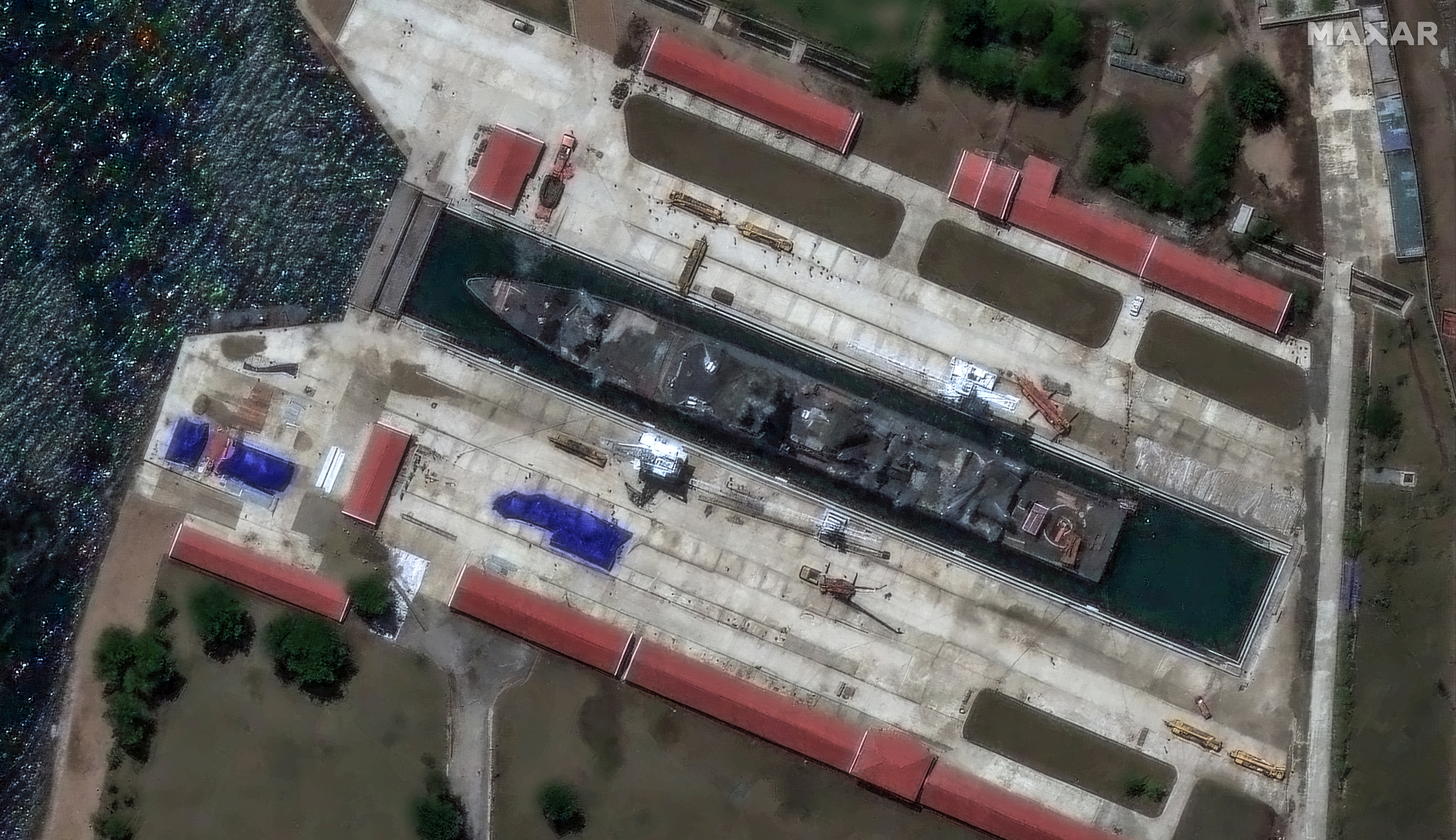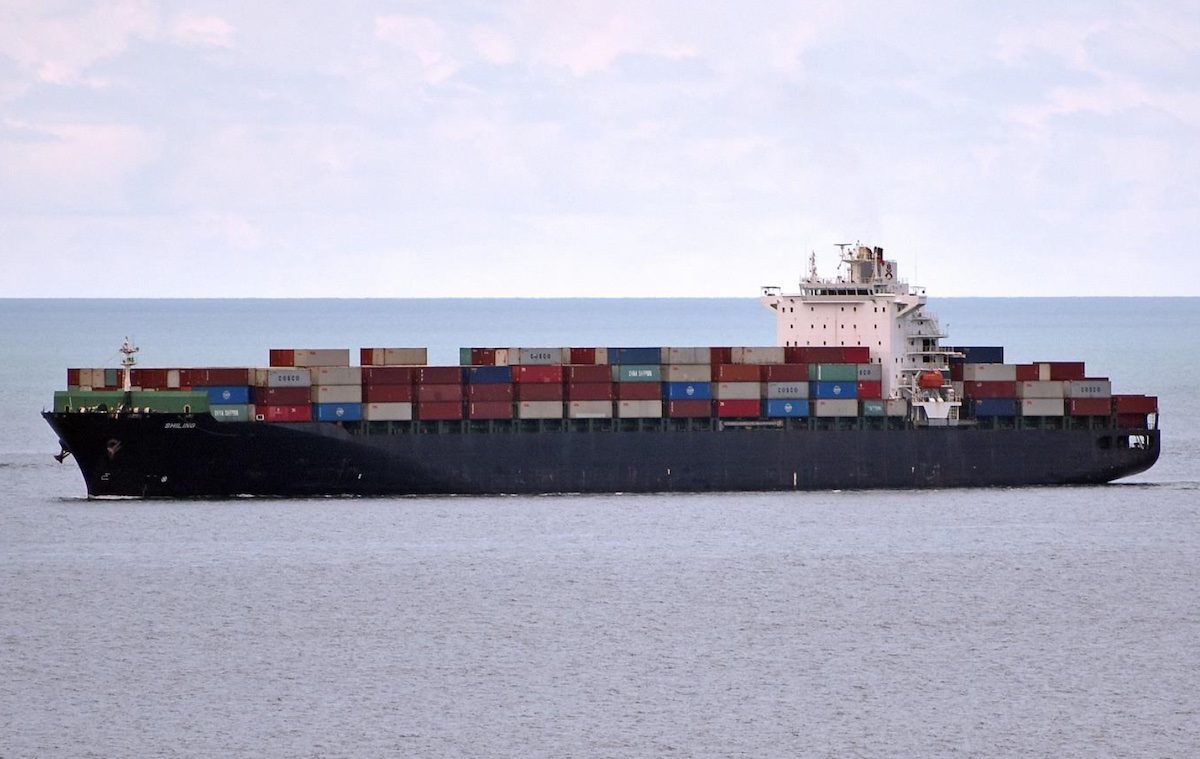
With the one year anniversary of the Deepwater Horizon behind us, most of the nation has lost interest in the continued legislation and regulatory battles being fought over the future of offshore safety. But not the victims.
Doug Brown was one of the 10 most injured survivors of the blast and his bravery that night has been well documented. But it’s another type of bravery that motivates Doug today… a personal, and public mission to advocate for improvements in offshore safety. In an exclusive interview, Doug brown told gCaptain, “The regulators need to take a step back and take improvements to safety extremely slowly. They overlooked a lot of things which they need to pay attention to and investigate further.”
Continuing to advocate offshore safety is not easy for Doug or anyone else living with the first-hand memories of that deadly night. For the past year however, it’s a battle Doug has brought to the halls of Congress and publicly fought via mainstream media,.
Other Deepwater Horizon (DWH) alumni have joined the fight contributing their experience and knowledge to investigators including Mike Williams, an Electronics Technician aboard the rig who was featured in two 60 Minutes specials, Christopher Choy, the sole fire team member who showed up on-station to assist the Chief Mate in rescue duties that night, and Natalie Roshto, widow of Shane Roshto, a Roughneck who was on the rig floor that night.
Re-living the nightmare of that evening is not the only consequence for survivors continuing their advocacy of offshore safety. Mike Williams, the most vocal and public of the survivors, has been criticized by some for drawing inaccurate conclusions about the cause of the incident, and others believe that William’s highly critical testimony is doing more harm than good.
Dr. Robert Bea, a Shell Oil executive and engineering professor at Berkley, stated recently “Mr. Williams comes forward with these very detailed elements from his viewpoint on a rig. That’s a brave and intelligent man,”. When questioned by gCaptain about the bias of former workers, including those with pending lawsuits against BP, Bea responded “I think ‘personal bias’ is a ‘good’ bias in that it is based on significant first hand experiences….I call this ‘deep knowledge’…not personal bias.” The conclusion is that Mike Williams, regardless of your feeling towards his views, is brave and making a valuable contribution to the investigation and future improvements in safety.”
Led by maritime attorney Steve Gordon, the most productive of the DWH survivors has clearly been Chief Engineer Doug Brown and 1st Assistant Engineer, Brett Mansfield. Called “brilliant” by some gCaptain members, Steve has fought with fervor for changes to regulatory policy and has advocated the safety of US Mariners since day one of the investigation. Steve is also a vocal proponent of the US Jones Act and has included in his fight the need to re-register all mobile rigs in the Gulf Of Mexico under the US flag. A mission that’s seen success.
Prior to the Deepwater Horizon incident, large dynamically positioned drilling rigs, (aka Mobile Offshore Drilling Units or MODUs) sailed with a reduced compliment of licensed engineers aboard. This has changed. In direct response to Steve Gordon’s inquires, the Marshall Islands Flag State registry recognized the error in manning requirments of these MODUs and issued a clarification. The result? Chief Engineers are now required on all Marshall Islands-flagged rigs.
While many mariners, particularly licensed engineers, are praising the changes in manning – changes which gCaptain fully endorse – Doug Brown says there is more work to be done.
Steve Gordon, James Mansfield and others, continued the regulatory battle today by presenting a list of suggested changes to the US Coast Guard. Highlights of the document include:
Licensing
- MODU Chief Engineer licenses should not be applicable to self-propelled MODU’s. Each MODU must have a full compliment of UNLIMITED tonnage engineers.
- Engine rooms should be manned by at least one licensed officer 100% of the time when a MODU is connected to the well.
- All drilling contractors must employ a port engineer holding a Chief Engineer Unlimited license.
- All core manuals and changes effecting vessel safety must be approved and signed by the company’s port engineer.
- All drilling contractors must employ a Marine Superintendent holding a Master Unlimited license and O.I.M endorsement
- All core manuals and changes affecting vessel safety must be approved and signed by the company’s Marine Superintendent.
Training
- Major Emergency Management and Crisis management courses should be required of all first responders on self-propelled MODU’s.
- Master must be included in all corporate email and communications with regard to the rig and its operations.
- All crew members must meet Standard of Training, Certification and Watchkeeping requirements.
Equipment
- Evacuation chutes equipped with winches (for lowering stretchers) should be considered.
- Regulations mandating Fast Rescue Boats on all MODU whether dynamically positioned or not.
The document also contains ideas which are likely to be refuted by industry, like the need for dedicated emergency response vessels, and the requirement that all bridge watchstanders be licensed officers and that the Deepwater Horizon itself be salvaged from the seafloor and inspected for forensic evidence.
Some gCaptain followers will disagree with individual points (if you are nodding your head then please leave a comment below!) but what I like most about the document is that it was clearly written by people working offshore, not lawyers or legislators. And it clearly comes with Doug Brown’s deepest desire to improve the industry in which he remains passionate about.
Click HERE to read the full document.

 Join The Club
Join The Club












